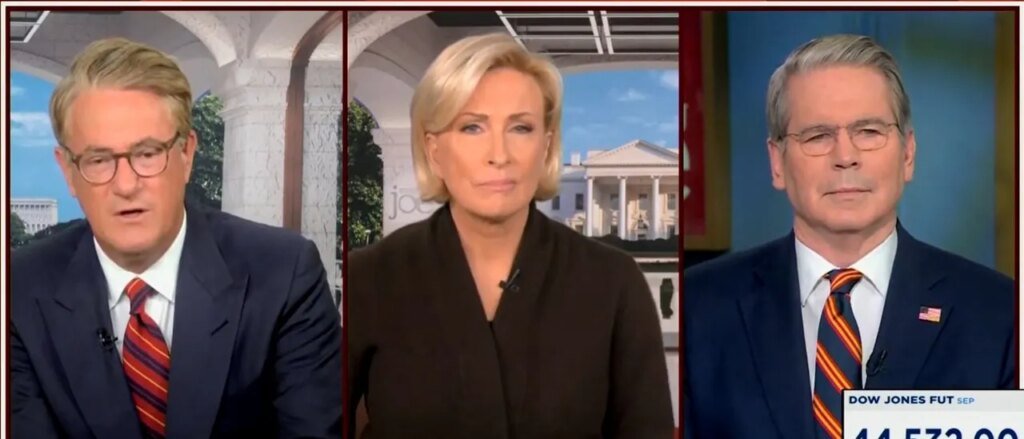Treasury Secretary’s Critique on Labor Statistics
Treasury Secretary Scott Bescent shared his thoughts during a recent appearance on “Morning Joe,” expressing concerns that the Bureau of Labor Statistics (BLS) relies on “corrupted” data, which leads to significant errors in their initial employment figures.
According to the BLS, only 73,000 jobs were added in July, while revisions to the May and June numbers were downward despite a reported 3% rise in gross domestic product (GDP) for the second quarter. This has drawn attention from President Donald Trump, who has criticized BLS head Erica Mantelfer. Bescent likened the BLS’s mistakes to a plane flying off course.
Bescent stated, “This issue has been lingering for quite some time. The errors made last week reflect a standard deviation mistake of 5-6.” He went on to say, “It’s like being in a plane headed for New York but ending up in Denver. Fixing the BLS is long overdue.”
Standard deviation, which indicates how much variation exists from the average, could be relevant here, especially since the Biden administration acknowledged overestimating job growth by more than 800,000 positions in August 2024.
Bescent also noted a discrepancy, pointing out that the Federal Reserve chose not to lower interest rates recently. He remarked, “One of these organizations—either the Fed or the BLS—is wrong. It seems the Fed economists missed what the BLS reported. The BLS data appears to be compromised, which reflects broader issues within government operations.”
He elaborated further, mentioning that the BLS often has incomplete data. “In many cases, they previously had 100% of the surveys but now only get 30% of the actual responses, and they seem to be making assumptions from that,” he said. “This method needs to be changed, and ultimately, the BLS director is accountable for these shortcomings.”
Later, co-host Joe Scarborough pressed Bescent for more concrete evidence regarding the BLS’s inaccuracies. Bescent responded, “This could be the largest revision in three decades, marking another significant mistake. It’s like landing in Newark instead of New York—it’s simply unacceptable. If employers aren’t providing accurate data, then it’s the BLS’s duty to seek new methods. Sticking to the old ways while expecting different results feels like a pretty lazy approach.”







